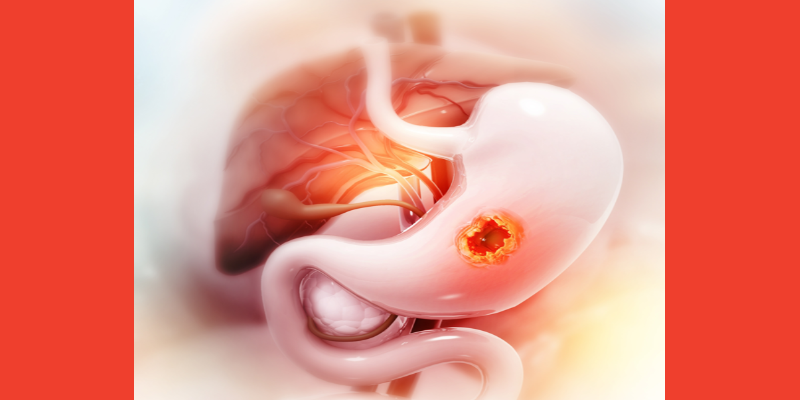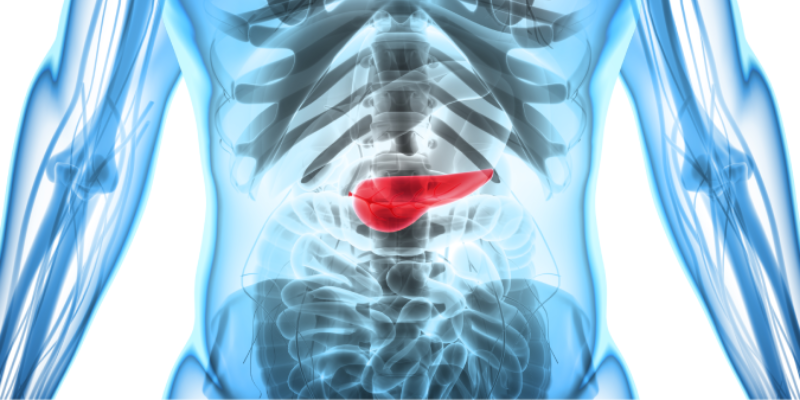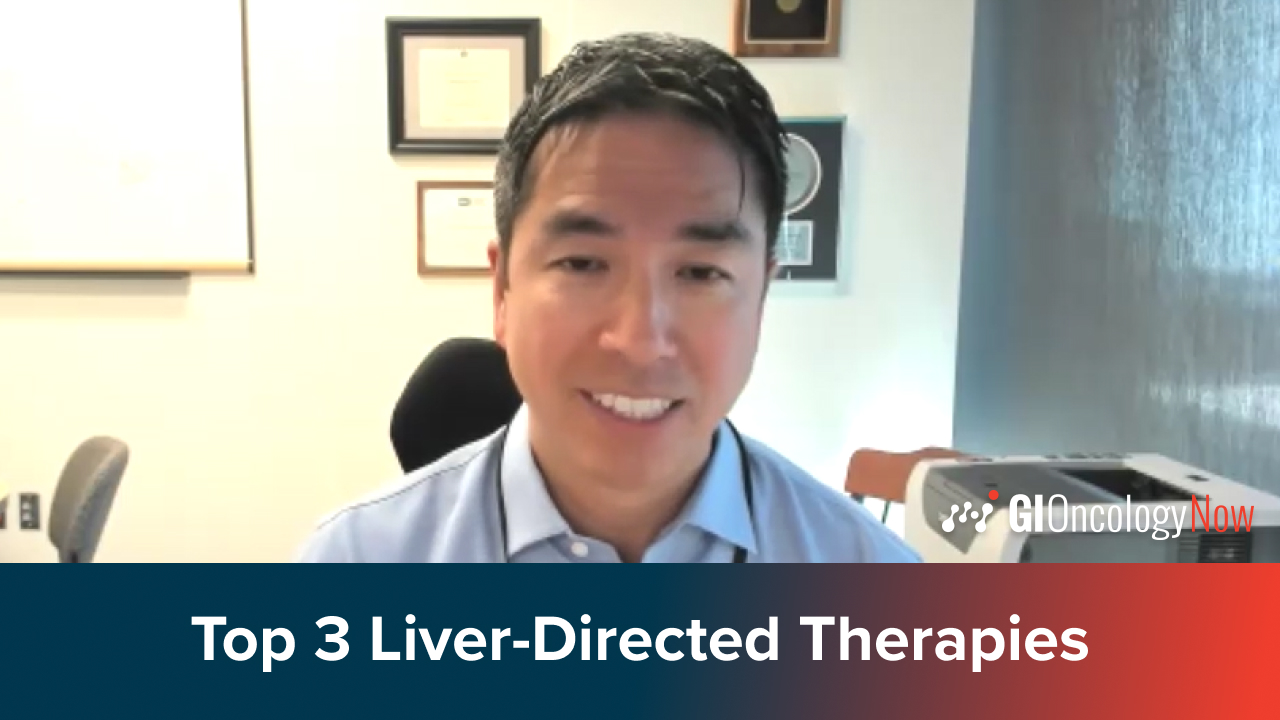
Researchers sought to assess whether the aggressive warming of core body temperature reduced postoperative pulmonary complications (PPCs) in patients with esophageal cancer undergoing esophagectomy. Their findings were reported in Frontiers in Medicine.
Esophageal cancer is the eighth most common cancer and sixth leading cause of cancer-related mortality worldwide. Surgical resection is the primary method of treatment; however, esophagectomy is invasive and associated with high rates of postoperative morbidity and mortality, even with less-invasive approaches. PPCs are more common in elderly patients, with a reported incidence rate of 26% to 48%. The coexistence of chronic respiratory disorders, reduced lung reserve, small airway collapse, and other anatomical and physiological changes associated with aging tend to be present in that patient population.
Intraoperative hypothermia, which is defined as a core body temperature below 36°C, represents another major issue for patients undergoing esophagectomies. “Moderate intraoperative hypothermia (eg, 34.5°C) causes clinical complications, including surgical site infection, bleeding, shivering, and delayed acute recovery,” the study investigators noted.
Unwarmed patients undergoing major surgery often have final intraoperative core temperatures of 35.5°C or lower. Researchers sought to discern whether or not aggressive warming to maintain the core temperature near 37°C reduces pulmonary complications in elderly patients undergoing esophagectomies.
In this multicenter, parallel group, superiority trial, researchers assessed 300 patients aged 65 years and older undergoing elective radical resection of esophageal cancer. The population of interest was randomized 1:1 to receive either aggressive warming (target intraoperative core temperatures of 37°C) or standard-of-care thermal management (target intraoperative core temperatures of 35.5°C). The study’s primary end point was defined as the incidence of PPCs. Secondary end points included duration of chest tube drainage and other postoperative complications.
Warming Fails to Notably Reduce Complications
According to the results, PPCs occurred in 18% of 150 patients in the aggressive warming group and 21% of 150 patients in the routine thermal management group. The investigators observed that the relative risk (RR) of aggressive versus routine thermal management was 0.9 (95% CI, 0.5-1.4; P=.56). They noted that the duration of chest drainage in patients assigned to aggressive warming was shorter than the duration in patients who were assigned to routine thermal management (4 days [range, 3-5 days] vs 5 days [range, 4-7 days]; hazard ratio, 1.4; 95% CI, 1.1-1.7; P=.001).
The results also showed that fewer aggressively warmed patients needed chest drainage for more than 5 days (30/150 [20%] vs 51/150 [34%]; RR, 0.6; 95% CI, 0.4-0.9; P=.03). Overall, the incidence of other postoperative complications was similar between the 2 groups.
“Aggressive temperature management does not reduce the incidence of PPCs in elderly patients after curative resection of esophageal cancer; however, it may somewhat reduce the incidence and duration of prolonged chest drainage,” the researchers concluded.







 © 2025 Mashup Media, LLC, a Formedics Property. All Rights Reserved.
© 2025 Mashup Media, LLC, a Formedics Property. All Rights Reserved.